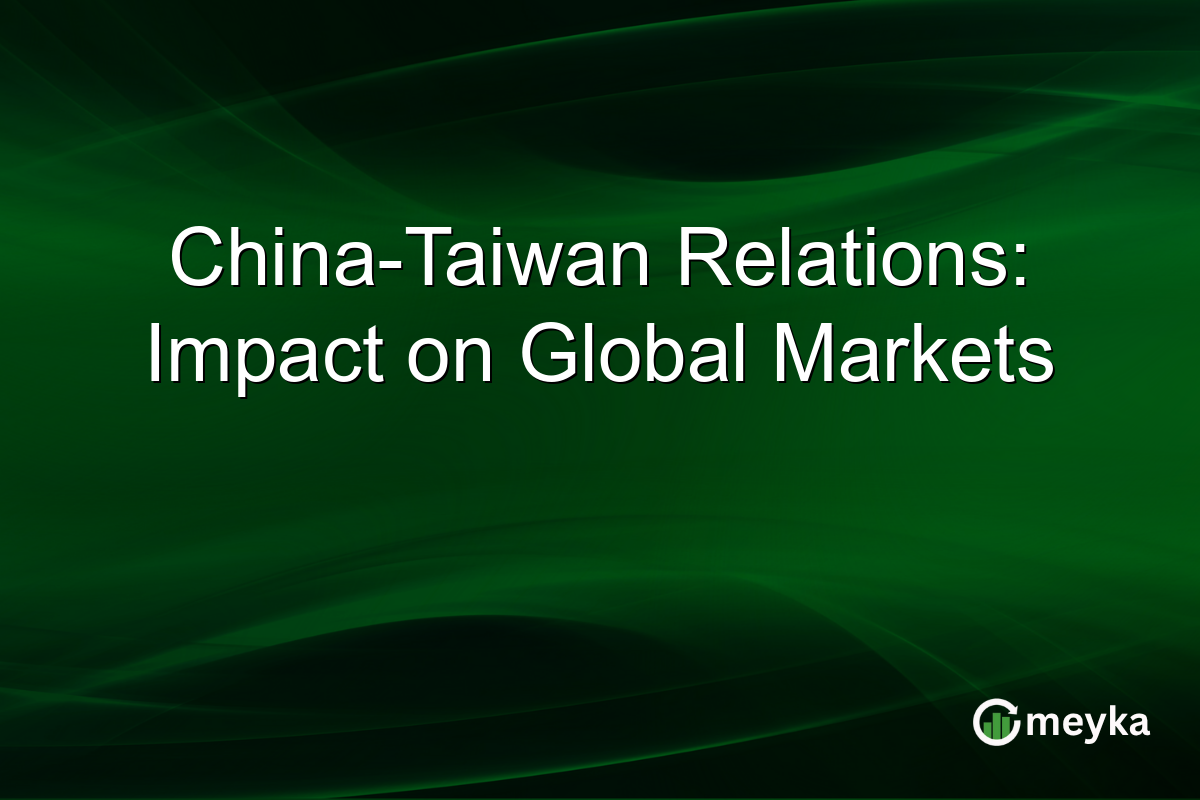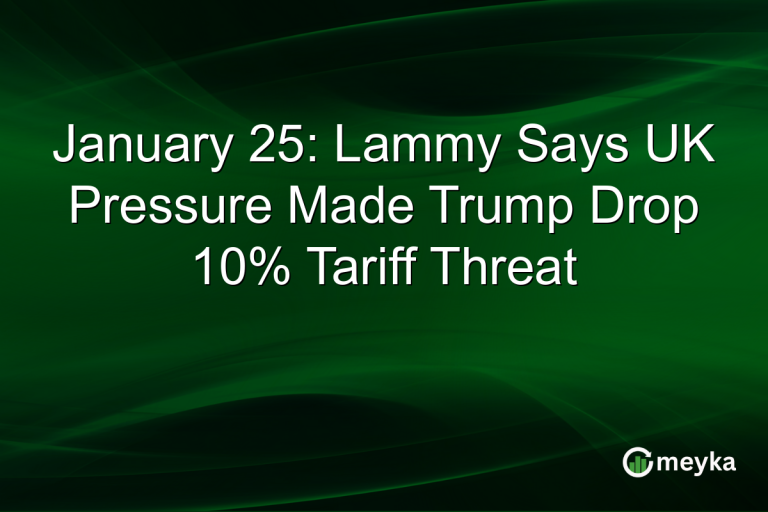China-Taiwan Relations: Impact on Global Markets
The escalating China-Taiwan relations, fueled by Japanese lawmaker Sanae Takaichi’s recent comments, have intensified global market concerns. Investors are keenly observing these developments, given their potential to disrupt trade flows and market dynamics in Asia and beyond. Key focus areas include China’s economic impact and Taiwan’s security, with implications that resonate in global market trends.
Continue Reading on Meyka
This article is available in full on our main platform. Get access to complete analysis, stock insights, and more.
Read Full Article →





